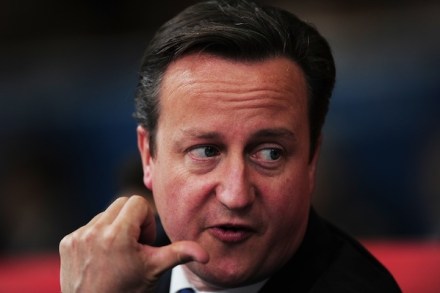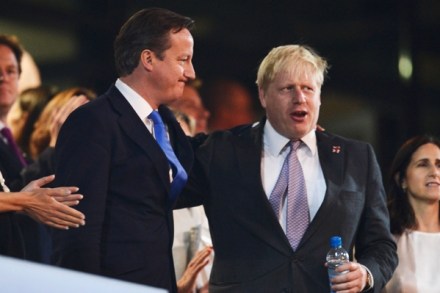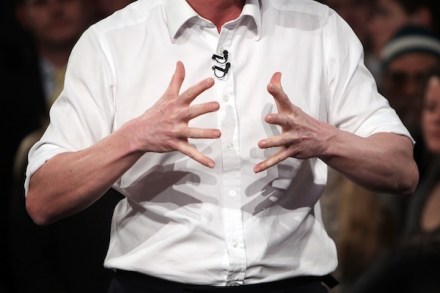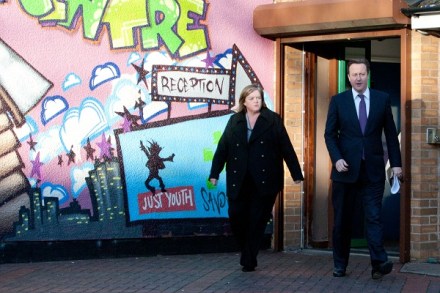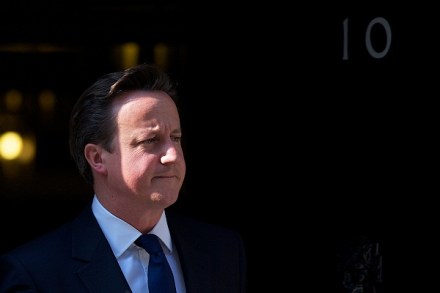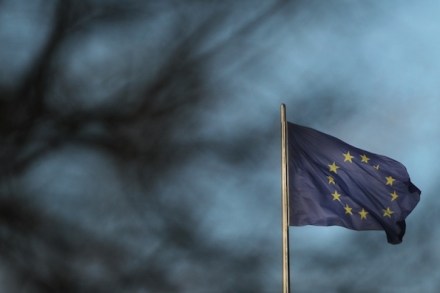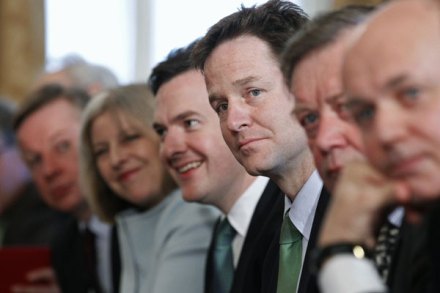Cameron faces Tory fury on Lib Dem ministerial rebellion
Last week when it first transpired that David Cameron had given up on Lords reform, Conservative backbenchers were thrilled. Conor Burns, who resigned as a PPS to vote against the legislation at second reading, told Coffee House that this was a ‘symbol of [Cameron’s] determination to try to foster improved and friendly relations within the Conservative party’. Rebel leader Jesse Norman was similarly cheery. It suggested that the Prime Minister had a chance to rebuild fractured relations with his party. Not any more. Backbenchers are now livid that Nick Clegg has announced that he will be instructing his party to vote against the boundary review. I’ve just spoken again to




